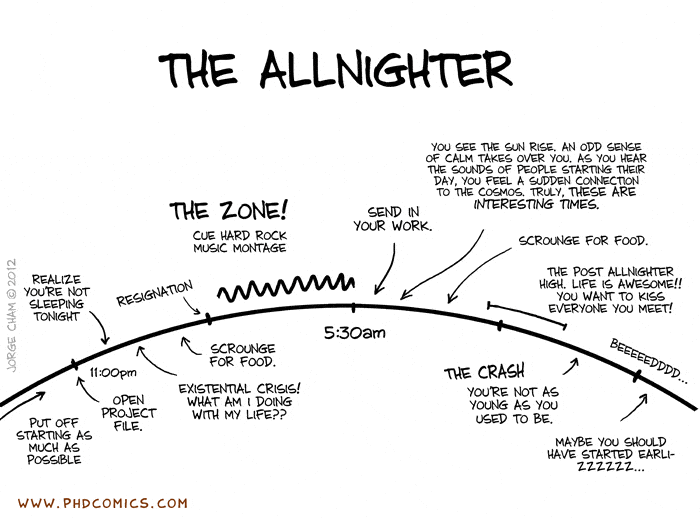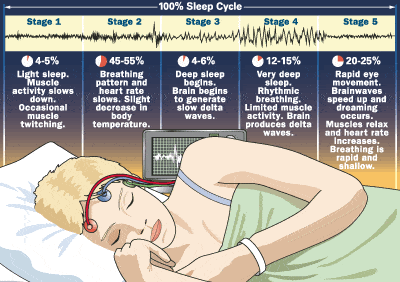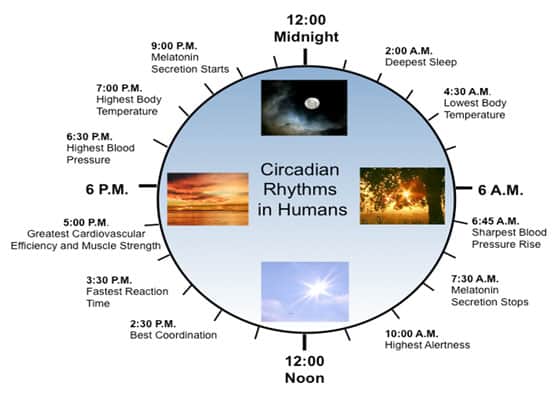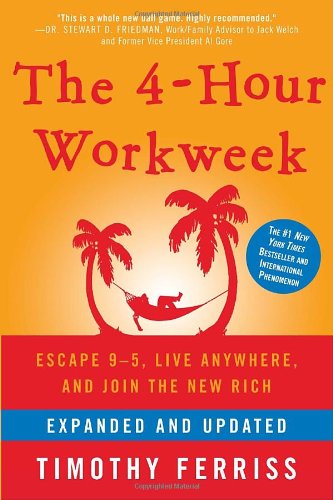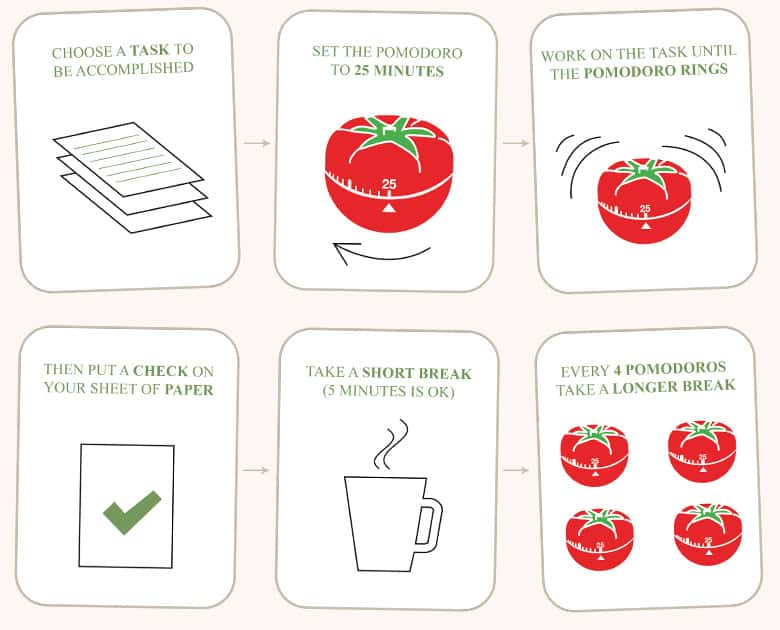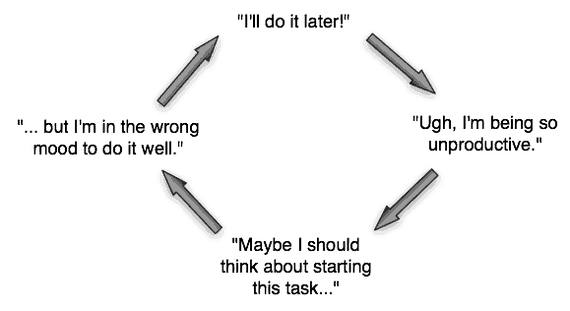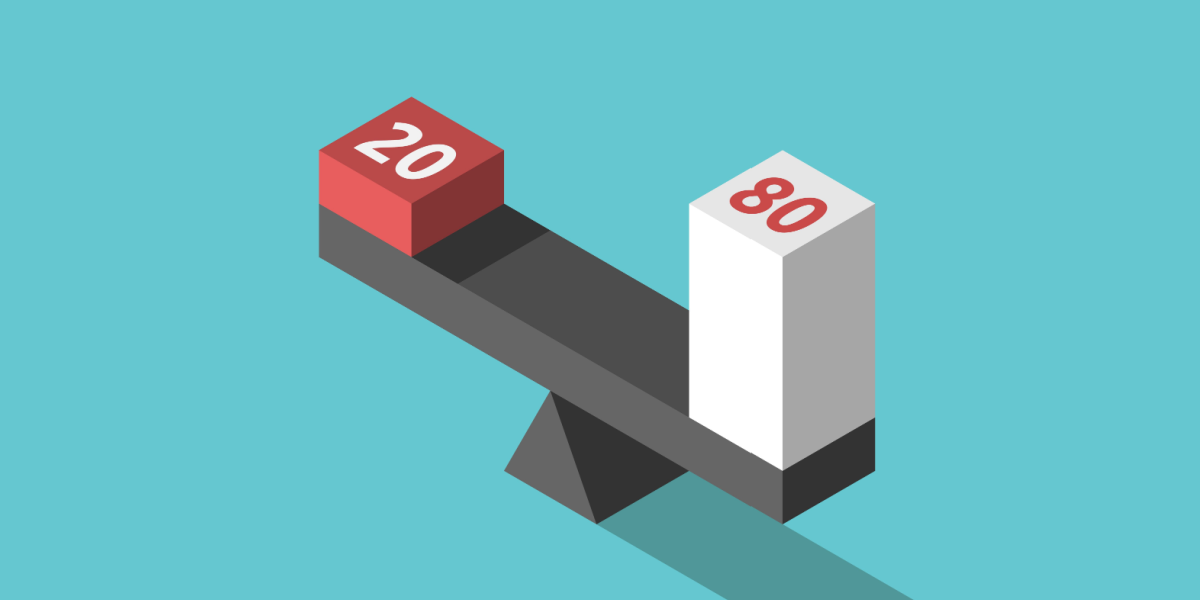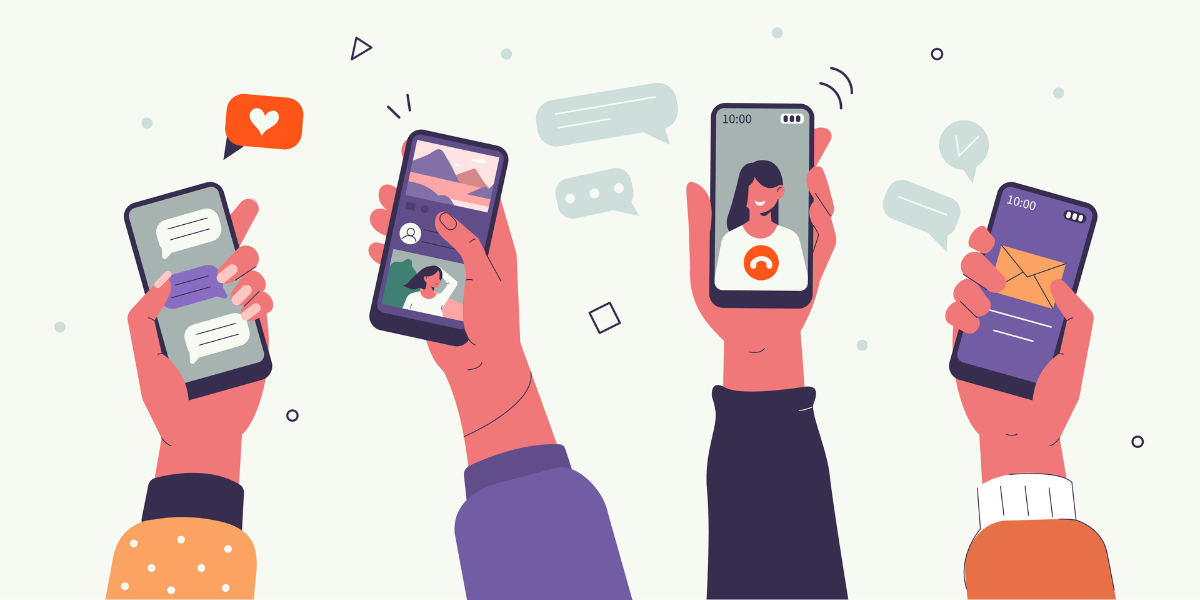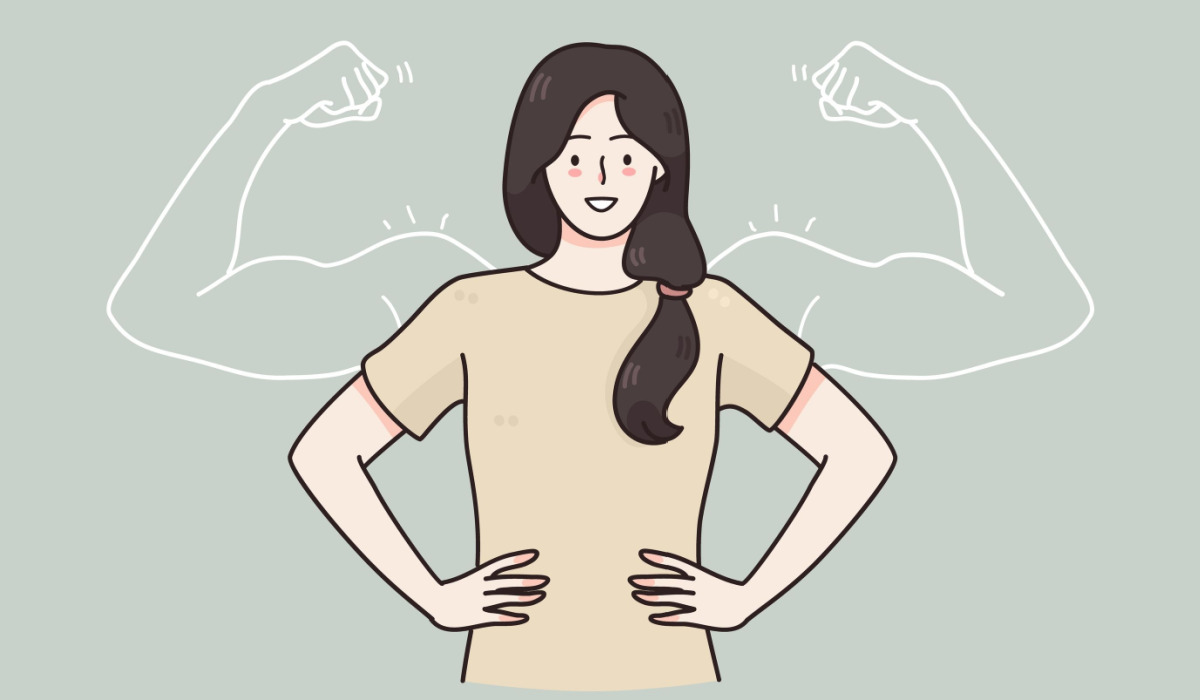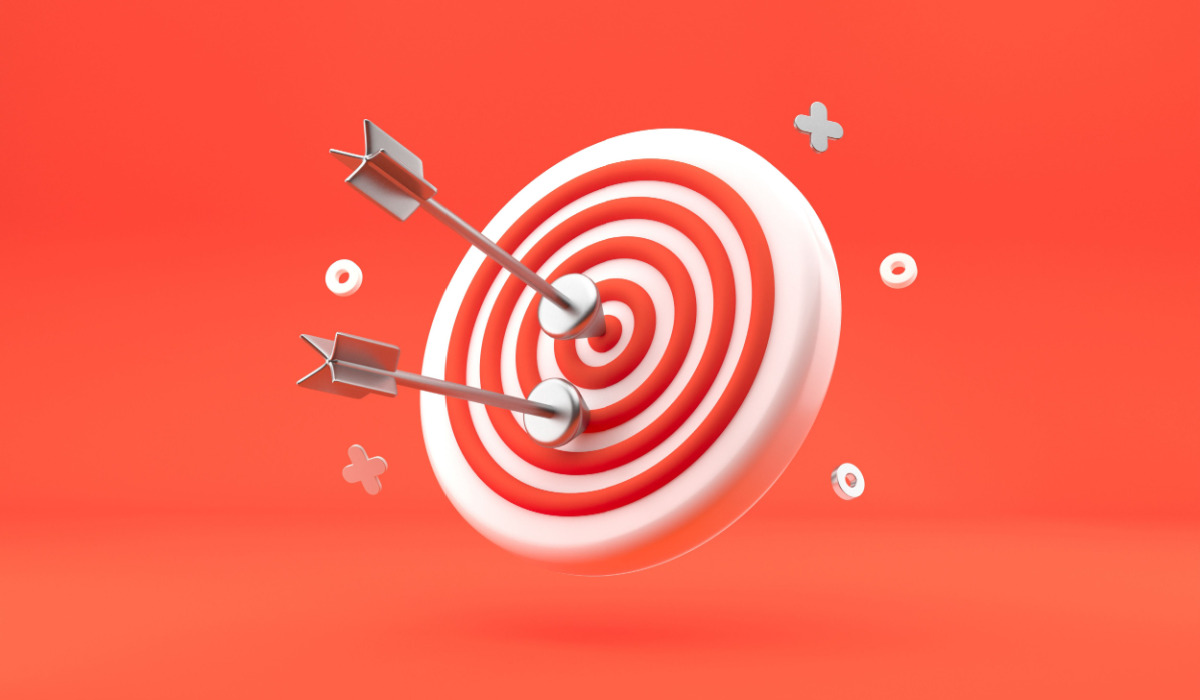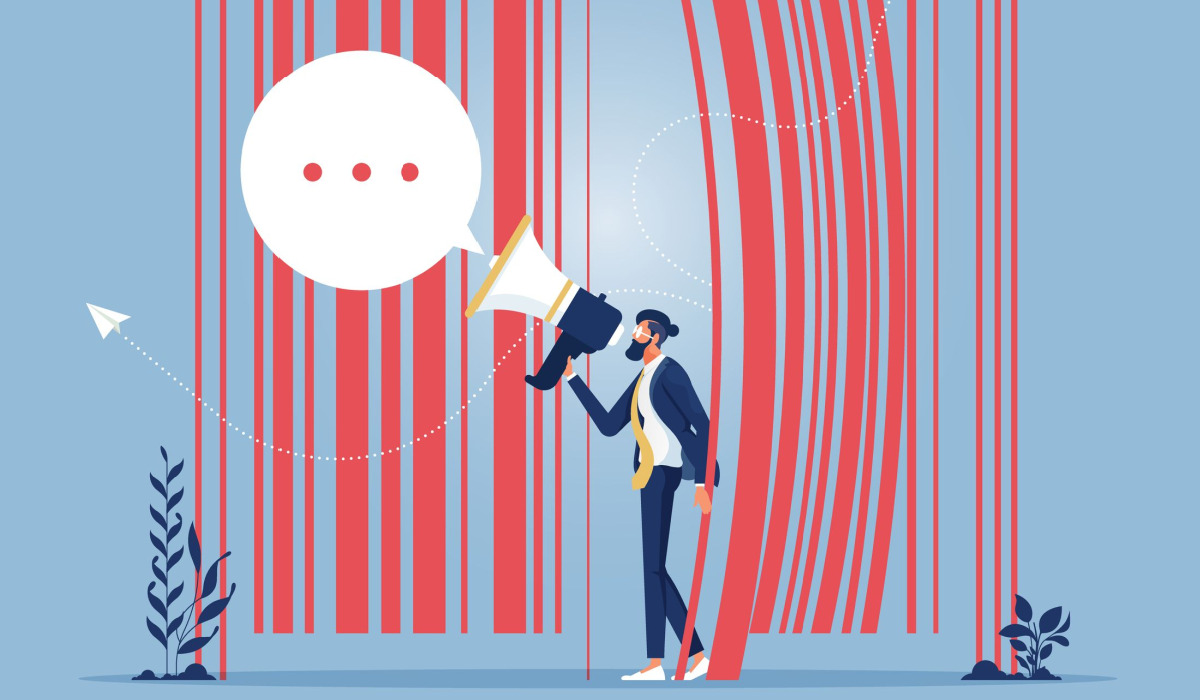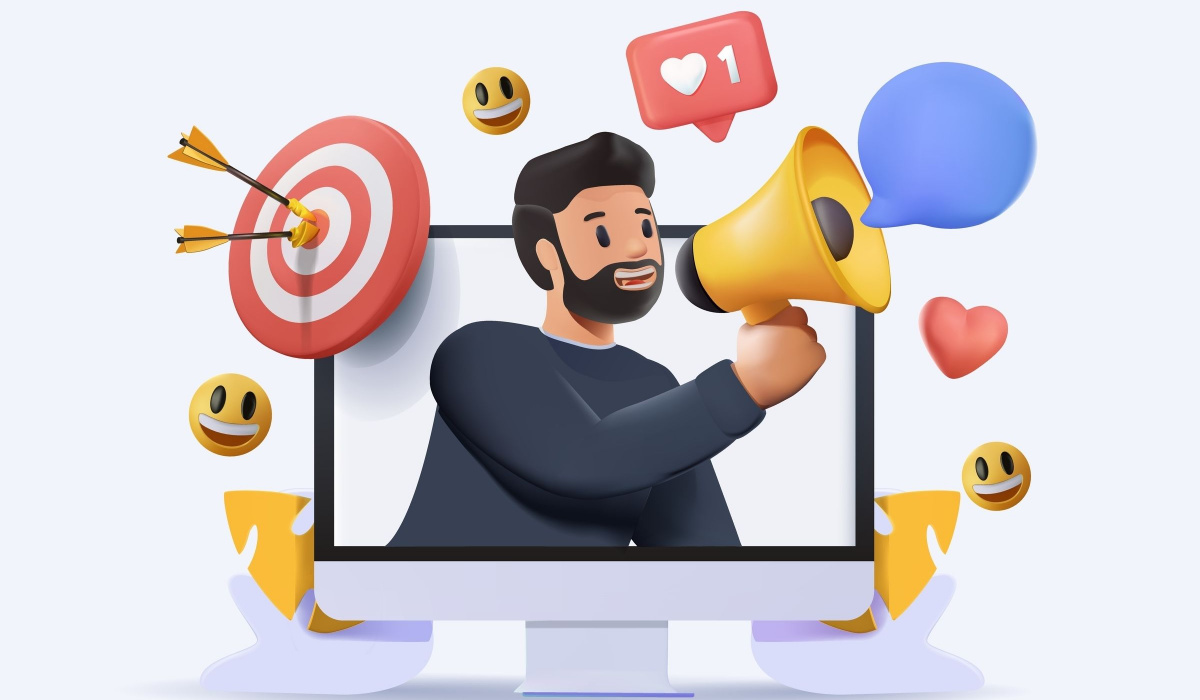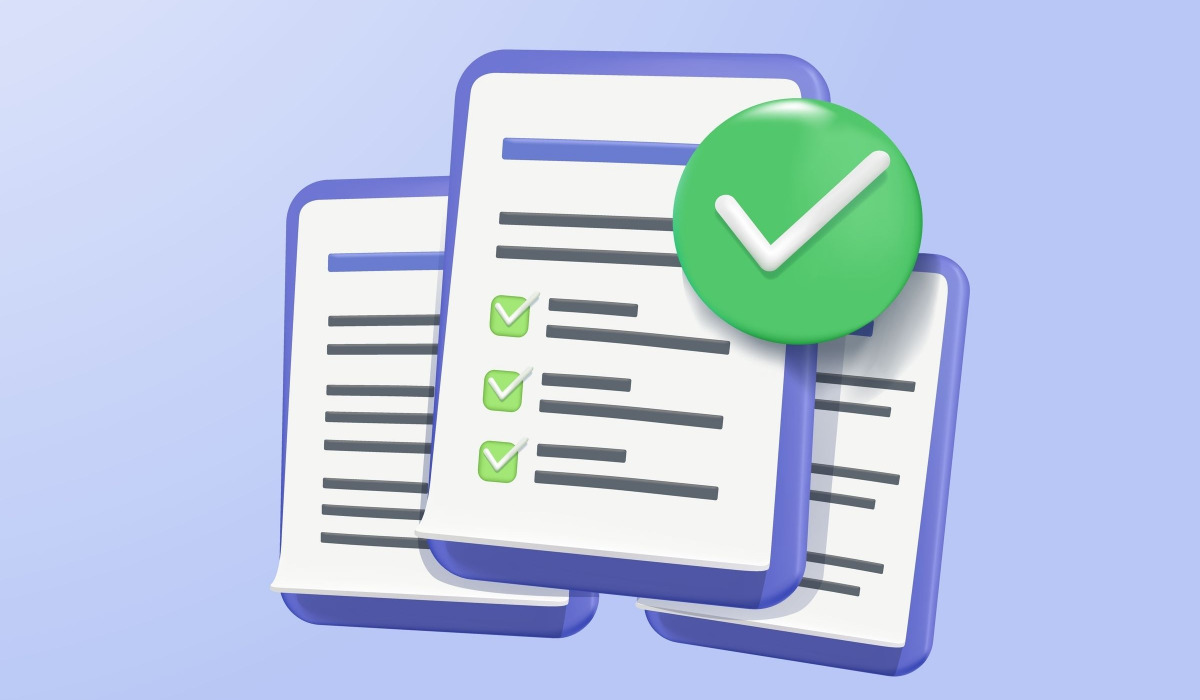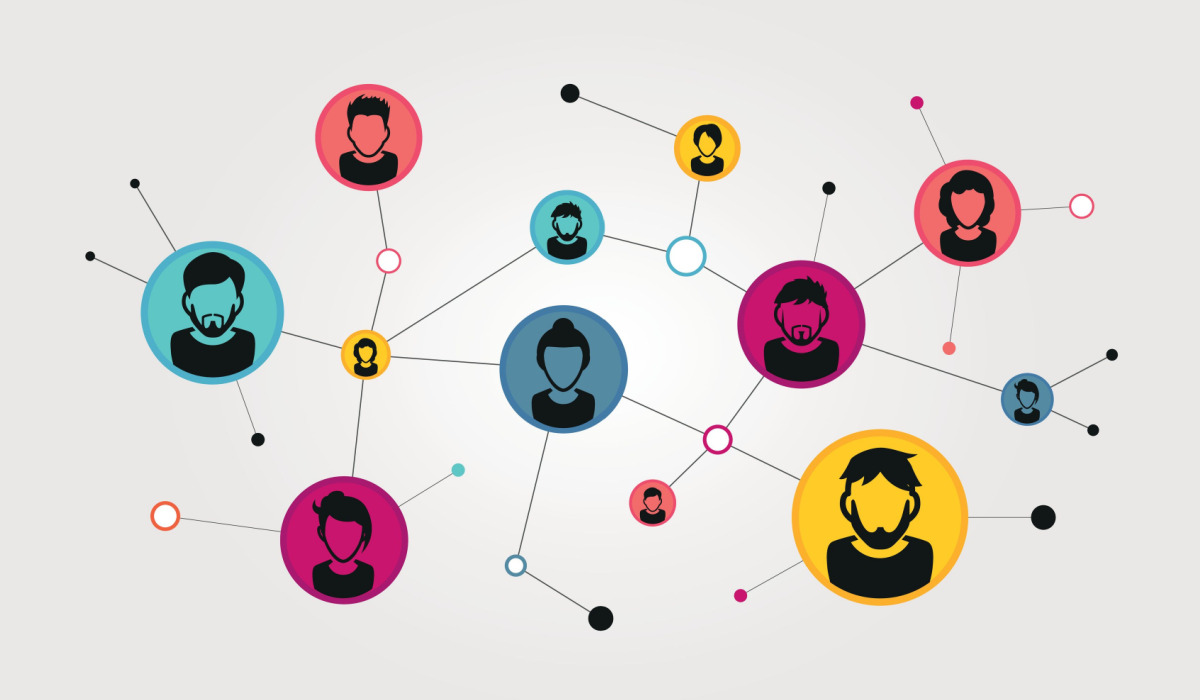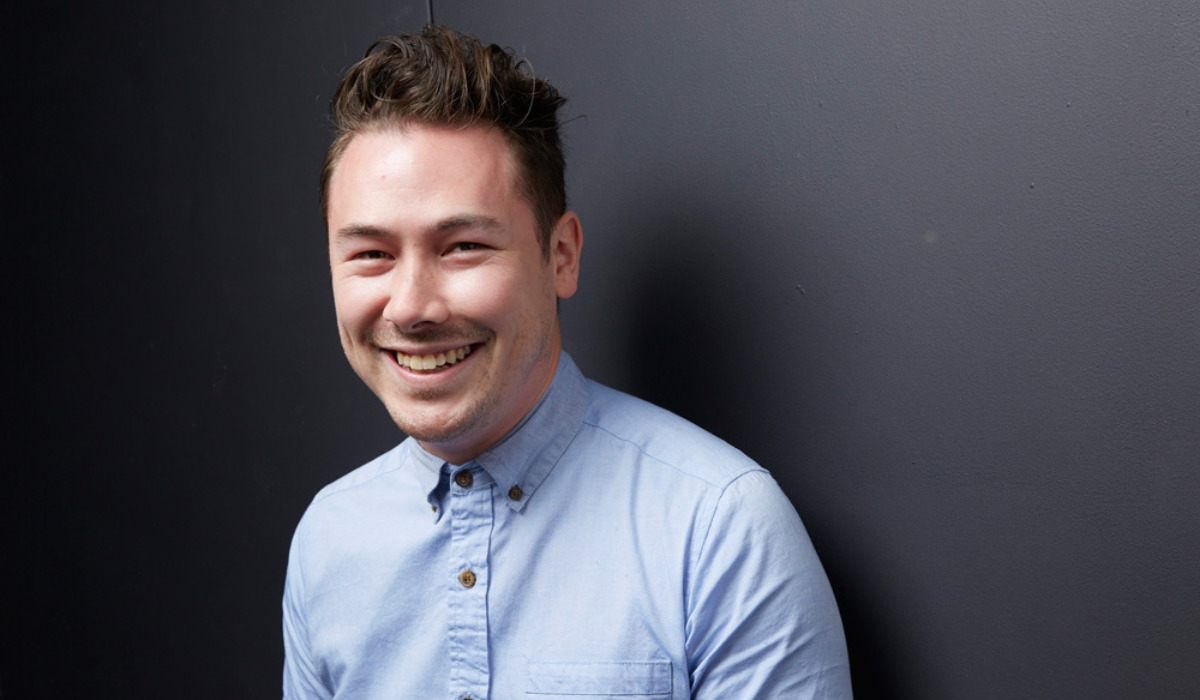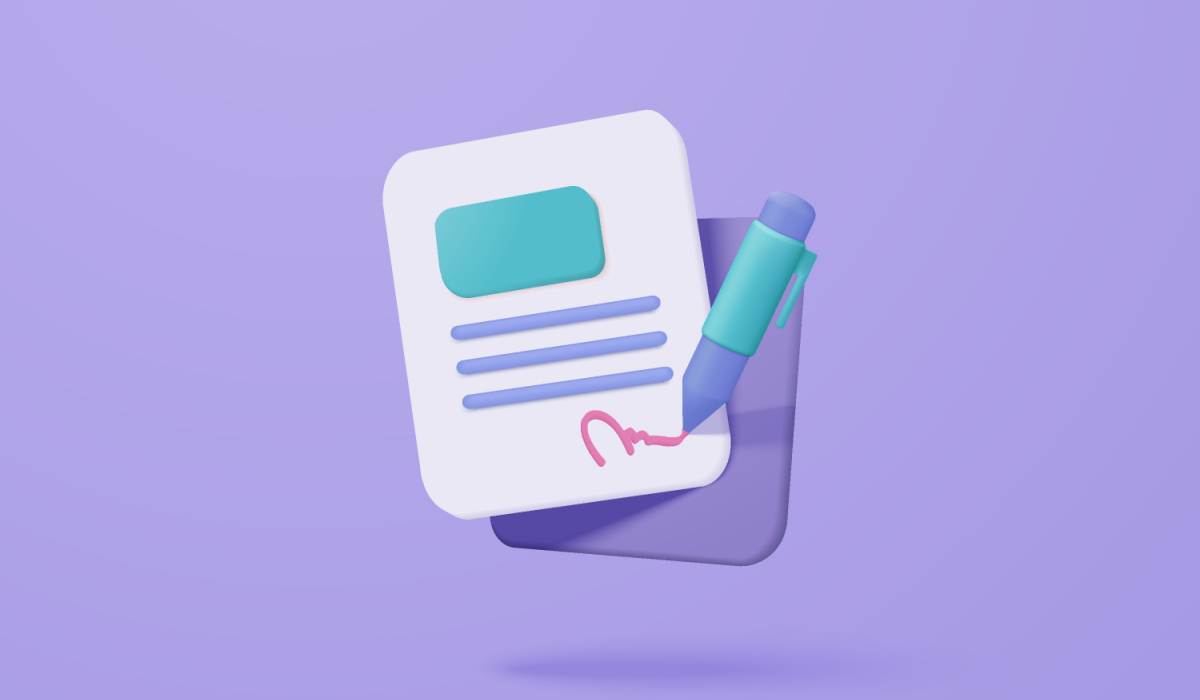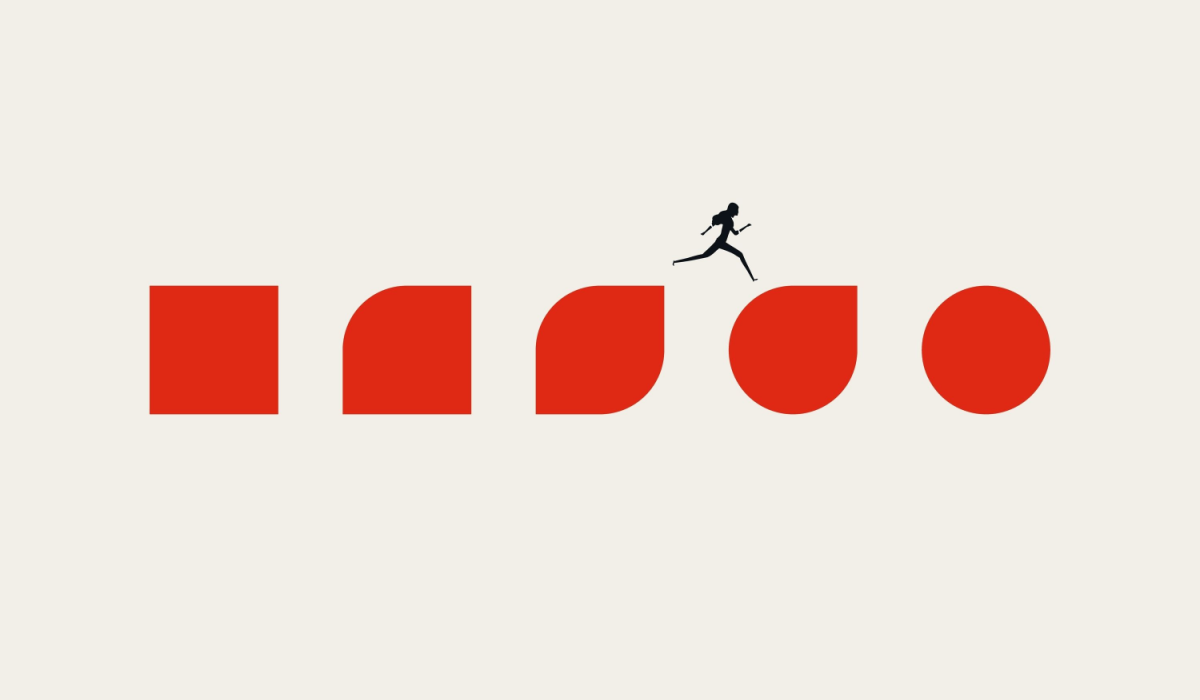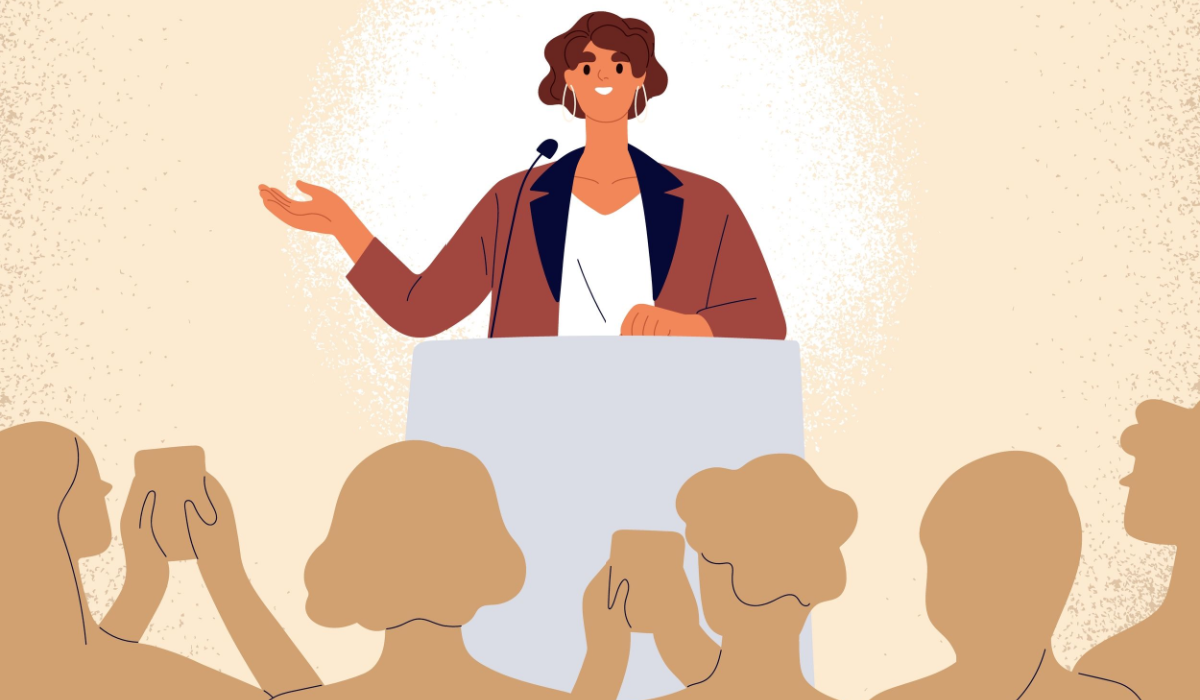A sentiment I hear echoed by many entrepreneurs is that there just aren’t enough hours in the day to get work done. We all know that building a business is hard, and it seems a common problem that many are facing is that no matter how many hours of work they get done, it’s never enough.
Simply speaking, time is your most valuable resource. It’s the one thing you can’t get back, no matter how hard you try. And every entrepreneur out there worth their salt works hard on making the most out of the time they have.
Why do you think productivity and time management apps are on the rise?
With hundreds of productivity methods out there (like the one shown by Ari Meisel), each purporting to be the magical cure to your time management woes, it’s difficult to pick out which actually is the best one. Ironically enough, you just don’t have the time to figure out the best way to save you time.
But here’s the secret: there’s no magical bullet or one-size-fits-all solutions to this problem. It’s all down to the individual. Some people just work better doing all-nighters, others need a set routine, and some need a specific trigger to work. Regardless of what it is, different things work for different people.
So here backed with scientific research, case studies and real-world testimonials we’ll break down the most popular productivity methods out there and figure out what works best for you.
Strategies To Improve Productivity
Pulling The All-Nighter
Many young entrepreneurs often fall back to the old college standard, leaving it all for the Hail Mary pass of doping up on every source of caffeine in sight and pulling an all-nighter.
It’s a method that has worked throughout the ages, and it doesn’t look to be going away anytime soon. But why?
It turns out if you’re feeling particularly creatively inclined, then being tired can actually be a good thing.
Just take a look at creators of the highly controversial, yet incredibly successful, television show South Park. Matt Stone and Trey Parker famously spend, typically, only a week at most creating an episode of South Park. That means in a week they have to write, plan, direct and animate a 20-minute episode before it goes on air.
Here’s a snippet of their process in their documentary “6 Days To Air”.
Research has shown that we’re better off doing creative work when we’re tired. The reason being is that, when tired, our minds are more likely to be distracted. While this sounds counter-intuitive, it actually means that our minds are more likely to be open to new ideas and make new connections when tired.
Our brain, when distracted, is actually better at solving problems which require out-of-the-box thinking, whether they’re complex mathematical equations or real-world business problems.
So thanks to the science of creativity staying up and doing an all-nighter can actually be beneficial if you’re looking for a creative solution to a problem.
For those aiming for a burst of short-term productivity I would recommend taking a caffeine nap, a trick I often use when I’m at crunch time and need to keep going for a few more hours. The method is pretty simple, you have a cup of coffee before taking a short 15 minute nap. While this may seem like a desperate hare-brained idea an exhausted college student would think of, it’s been proven to work.
A clinical study was undertaken in which one group of students were given coffee before a nap, and the other group a placebo, those who had caffeine showed a significant improvement in cognitive ability, reaction time and executive function over the other group.
The caffeine effectively blocks your brain from responding to adenosine, the chemical that makes you tired, and usually take about 15 to 20 minutes to full enter the bloodstream. In that space of time you can take a nap and benefit from all the restorative and positive effects from both a nap and ingesting caffeine.
While the occasional all-nighter can be beneficial in the short-term, for long-term results in productivity you should…
Sleep More
While this may seem like a no-brainer considering the benefits of a good nights rest, it’s often the first thing to be sacrificed in the effort to get more work done.
The effects of chronic sleep deprivation are well known. Lack of sleep and exhaustion leads to problems such as increasing stress and moodiness, a drop in concentration and problem-solving ability, as well as increasing your chances of weight gain and heart failure, just to name a few. So while pulling an all-nighter can be helpful once in a blue moon, turning it into a habit can lead to disastrous effects.
Sleep is vitally important to all living things, and comes in fives different stages or states. REM sleep, stands for Rapid Eye Movement, is the fifth and deepest stage of sleep that we can achieve. Typically occurring for two hours every sleep cycle, REM sleep is extremely important because it’s the state that’s responsible for repairing our brain.
Studies have shown that sleep is vital in repairing the neural pathways in our brain. Further research indicates that sleeping is essential when it comes to maintaining short-term and long-term memory, and learning new skills.
In short, a good night’s rest repairs and readies your brain for the next day and all of its oncoming tasks.
Here’s a TED-Ed talk by Shai Marcu on the benefits of a good night’s sleep.
Taking the occasional nap as well can actually do wonders for your work and your productivity, with sleep scientists even encouraging businesses to let their employees nap throughout the day.
A midday siesta has proven to reduce stress, improve logical thinking and memory, and heighten sensory perception. A 20 to 30 minute nap is the optimal time for a nap, allowing enough time for the brain to sufficiently rest and preventing the grogginess of sleep inertia and affecting your sleep later that night.
It’s important to remember that sleeping is highly individual, just take a look at these business leaders who reportedly sleep less that the prescribed 8 hours a day. So the amount of rest an individual needs differs from person to person.
To figure out your own sleeping needs, you should ask yourself: are you a lark, an owl or a hummingbird?
This is an exercise developed to help you better understand your own body clock, or circadian rhythm. Everyone’s circadian rhythm is different, some people are just more alert at night and others are better off in the morning. By understanding what kind of bird you are, you can best take advantage of the times when your brain is at its more efficient.
An example of the average person’s circadian rhythm
For example, those who identify themselves as larks wake early in the morning and their most productive time in the day would be around noon, and would require a nap at around 3.30pm to counteract the dip in their energy levels.
Learn what kind of bird you are, and take advantage of your most productive times. After all, there’s no point in working when you’re dead tired and going to get nothing done.
But none of this is going to help if you have mountains of work to get through, so…
Assign Less Time To Work
It’s no secret that working long hours goes hand in hand with entrepreneurship, with some working an average of 60 hours a week. But there is a reason as to why we have a 40-hour work-week, it’s been proven time and time again to be the optimal number of hours one should work for increased productivity and to prevent burnout.
Research has shown that those who work log long hours at work are more likely to develop issues with alcohol, increase the risk of heart failure, and even damage your brain in the long-term.
Perhaps you’re familiar with Parkinson’s Law of work and productivity:
“Work expands so as to fill time available for its completion”
British historian Cyril Parkinson noted that, while working with the British Civil Service, as bureaucracies grew they became more inefficient. When applied to a variety of other circumstances he noticed that the more time workers are given to complete a task, the more inefficient they become.
As Tim Ferriss, entrepreneur and angel investor, notes in his New York Times Best Seller book “The 4-Hour Workweek”, you can effectively ‘hack’ Parkinson’s Law by giving yourself less time to work.
Ferris, correctly, notes that it’s not about working harder, but working smarter. Assigning more time to a set task just guarantees that it’ll take longer to complete, what it won’t guarantee is that it’ll be a better finished product or that the time you used was worth it.
For more inspiring advice by Tim Ferris about productivity and more, check out this exclusive interview he did with Foundr!
Working under tighter deadlines will actually force you to be more productive and efficient with your work. This also forces you to prioritise your work better, obviously the most important business-building tasks that can only be done by you will take priority. Not only will this ensure your work gets done more efficiently, but it’ll also help you realise what tasks are time-wasting to you and can be delegated to someone else.
So you don’t burn yourself out by working a solid 5 hours, trying using the Pomodoro technique to help break up the workload and prevent burnout.
A relatively simple method, it requires you to have a timer and that you set it for 25 minutes. For those 25 minutes you do nothing but work, after which you’ll take a 5 minutes break, and then get back to work.
While it may not work for everyone, I personally find that it improves your focus, makes work faster and more efficient.
Although for those not content in working in just 25 minute blocks, studies have shown that the optimum time for productivity is exactly 52 minutes with a 17 minute break for the average worker.
That break though can be anything, as long as it gets you out of your workspace and doing something completely different.
It’s important to learn how to…
Procrastinate Productively
Here’s a situation many of you are probably pretty familiar with:
How many times have you set-aside time for work, sat down and just stared at the screen. You know you should work but you don’t feel like working. So you end up procrastinating and spending the rest of your allotted work time going on Facebook and looking at cat videos. 45 minutes pass by and you’re left feeling guilty and angry with yourself for not getting any work done, and you’re so stressed that you can’t get work done anymore.
Procrastination can be caused by a manner of things, mostly it’s caused by an inability to accurately to predict future behaviour.
It’s the belief that by procrastinating a little bit, we’ll gain the motivation to do the work later. But that’s like telling an alcoholic that having one drink will somehow give them the willpower to say no to all future drinks. In reality, it’s just self-defeating behaviour.
The procrastination doom loop
Procrastination is often a symptom of burnout, when we’re so overworked that we’re physically, emotionally and mentally spent leading to a complete loss of motivation. Not only does burnout mean that your productivity decreases but a study done on prison guards demonstrated that those in leadership type positions experienced greater levels of stress and emotional exhaustion due to being unable to “switch off” from a work mindset while at home.
This means that as an entrepreneur, someone whose entire lifestyle likely revolves around their business, you’re at a greater risk of burning out because of your inability to switch off from work. To many entrepreneurs the idea of procrastinating is abhorred, that any time not spent on developing the business is wasted time. While in actuality, the correct forms of procrastination are good for you.
Procrastinating productively starts with a very simple concept: completely disengage from work. It really doesn’t matter what it is, as long as it has nothing to do with work.
As an entrepreneur, surprisingly the hardest thing to do is to not work. But for the sake of your business, your stress and your own emotional wellbeing, you have to learn how to let go.
Take a leaf out of Ferray Corporation’s book and play with a cat. Find time to read a book that you enjoy.
Don’t remain sedentary, actually get out of your workspace. Researchers at the University of Bristol have found that those who exercise before or during work reported lowered amounts of stress and increased productivity.
Structured procrastination means that you’re only allowing yourself a set amount of time for you to pursue other activities. Most importantly stick to that set amount of time. If you’ve given yourself a 20 minute break then you’re only allowed 20 minutes, no more, no less. This may require a lot of self-discipline on your part but you’ll thank me for it later.
And after you’re done playing with adorable animals, or blasting the ThighMaster, put in your head phones and…
Let Music Boost Your Productivity
The nothing of using music at work is as old as work itself. Whether it was workers singing in noisy factories while working on the lines, to even some companies hiring musicians to play for their workers in the 1930s. This was done because, even early on, it was clear that music had a positive affect on a worker’s productivity.
After all, random background office noise has proven to decrease work performance and productivity, especially when compared to performance with music playing in the background. Headphones may very well be your next best friend when it comes to improving your work performance.
A research paper published by Springer Science & Business Media says that:
“Music synchronises portions of the brain’s right and left hemispheres that stimulate emotions, focus attention, and increase motivation. Music has universal appeal and the potential to evoke transformational learning in adults. Music-based messaging can enhance learning, retention, and recall of information.”
Multiple studies have researched the link between music and cognitive function, with music showing to increase overall creativity, arithmetic performance and problem-solving ability.
However, this is all depends on the type of music you listen to.
It’s been found that stimulating music, characterised as having a high-tempo, coming off as loud and aggressive, can actually be detrimental to your performance. But that doesn’t mean you can’t listen to your favourite tunes, it’s all about moderation.
As I’ve mentioned earlier, distractions are actually good for your brain when it comes to creativity. As long as you don’t overload yourself with these distractions by turning the volume all the way up, having them play in the background is actually quite beneficial if you’re looking for creative solutions.
For example this is what I’m listening to right now as I write this article.
My, some would say questionable, music tastes aside; I personally find that having this type of music playing in the background improves an individual’s creativity and concentration.
Low-to-moderate levels of ambient noise can achieve the same result. I highly recommend the app Thunderspace. More than just “rain sounds”, all noises were recorded by Emmy-award winning nature sound recordist Gordon Hempton to give the best kind of atmospheric sound.
But for those focused on immersive tasks, which require your full concentration, then music without lyrics is the best way to go. Studies have shown that classical music, particularly Baroque music, has the most positive effect on people in terms of concentration. This is because the rhythm of Baroque music generally pulses at 50 to 80 beats per minute, and that’s the sweet spot allowing our brains to achieve deep levels of concentration.
Here is one of the many compilations of Baroque music that can be found online.
For those looking for a more personalised touch, Location 180’s Sean Ogle recommends the focus@will app, an app that creates a personalised playlist of music designed to help you concentrate.
Ready to Improve Your Work Productivity?
As an entrepreneur your goal is to get the most out of anything. This is why the minimum viable product is not only a business strategy, but a philosophy among start ups. In order to be successful, you absolutely have to maximise the most of what you have, especially when it comes to your time and effort.
When time is your most precious commodity and investment you can’t afford to waste it on the things that don’t matter.
Each individual is unique and differs from the rest, some of these productivity strategies and techniques may work for you and others may not. But each of these do require amazing amounts of self-discipline and adherence.
If any of these speak to you then try them out, you’ll surprise yourself with the amount of work you’ll get done.
Leave a comment below and share your own sure-fire success strategies for increased productivity, and don’t forget to like and share!

